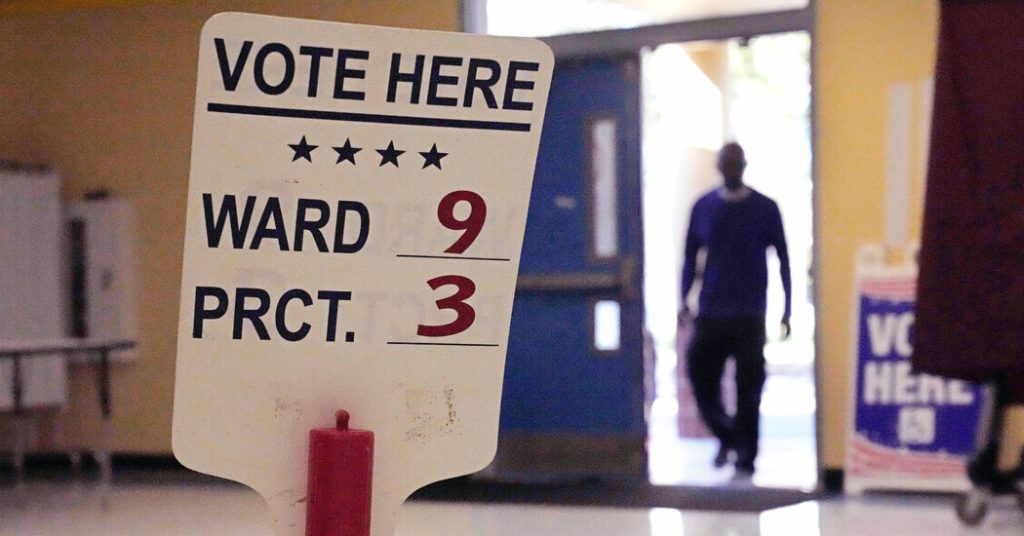The Supreme Court temporarily reinstated a congressional map in Louisiana that includes a second majority-Black district, potentially giving Democrats a House seat in the November election. The order was a response to a challenge to a lower court decision that had blocked the map, calling it a racial gerrymander. The decision will remain in effect pending an appeal or a ruling by the Supreme Court. Justice Ketanji Brown Jackson dissented, expressing belief that the court had intervened too soon. The case has a long history involving challenges under the Voting Rights Act and the Constitution.
The case unfolded over two years of litigation and involved challenges by separate groups of voters. Louisiana’s attorney general urged the Supreme Court to act quickly, as the state faced a deadline to prepare for the 2024 elections. A group of voters argued that the new map imposed a brutal racial gerrymander, linking majority-Black precincts while excluding whites and other races. The dispute highlights a broader fight over voting rights that has come before the Supreme Court, with Louisiana’s Republican-controlled Legislature drawing a map that included only one majority-Black congressional district out of six seats, resulting in a court battle.
In 2022, a federal judge barred Louisiana from using the map drawn after the 2020 census, finding it likely violated the Voting Rights Act. After a federal appeals court upheld the ruling, Louisiana lawmakers began drafting a new map that added a second district with a majority of Black voters. The new district links communities in Baton Rouge and Shreveport. A group of voters challenged the map, arguing it was racially gerrymandered. In April, a panel of federal judges temporarily blocked the state from using the new map, leading to the Supreme Court’s decision.
Justice Ketanji Brown Jackson wrote a dissent, stating that the court had intervened too soon in the case. She questioned the need for a new map so close to the November election, as voter confusion was unlikely. The case raises important questions about electoral representation and racial equality. Lawyers for the group of voters seeking to block the map expressed confidence in their eventual success, describing the new district as a brutal racial gerrymander that segregated voters based on race. Louisiana politicians passed the law at the last minute and cynically ran out the clock on a replacement map.
The court’s decision could have significant implications for the November election, potentially altering the balance of power in the House. Advocates for fair representation praised the court’s ruling, saying it would pave the way for a fair election. The dispute underscores broader challenges around voting rights that have been litigated in court. The Supreme Court’s intervention in the case highlights the complex legal and political issues surrounding redistricting and the balance between racial equality and electoral representation. As the case continues to unfold, the outcome could have lasting implications for future elections in Louisiana and beyond.


